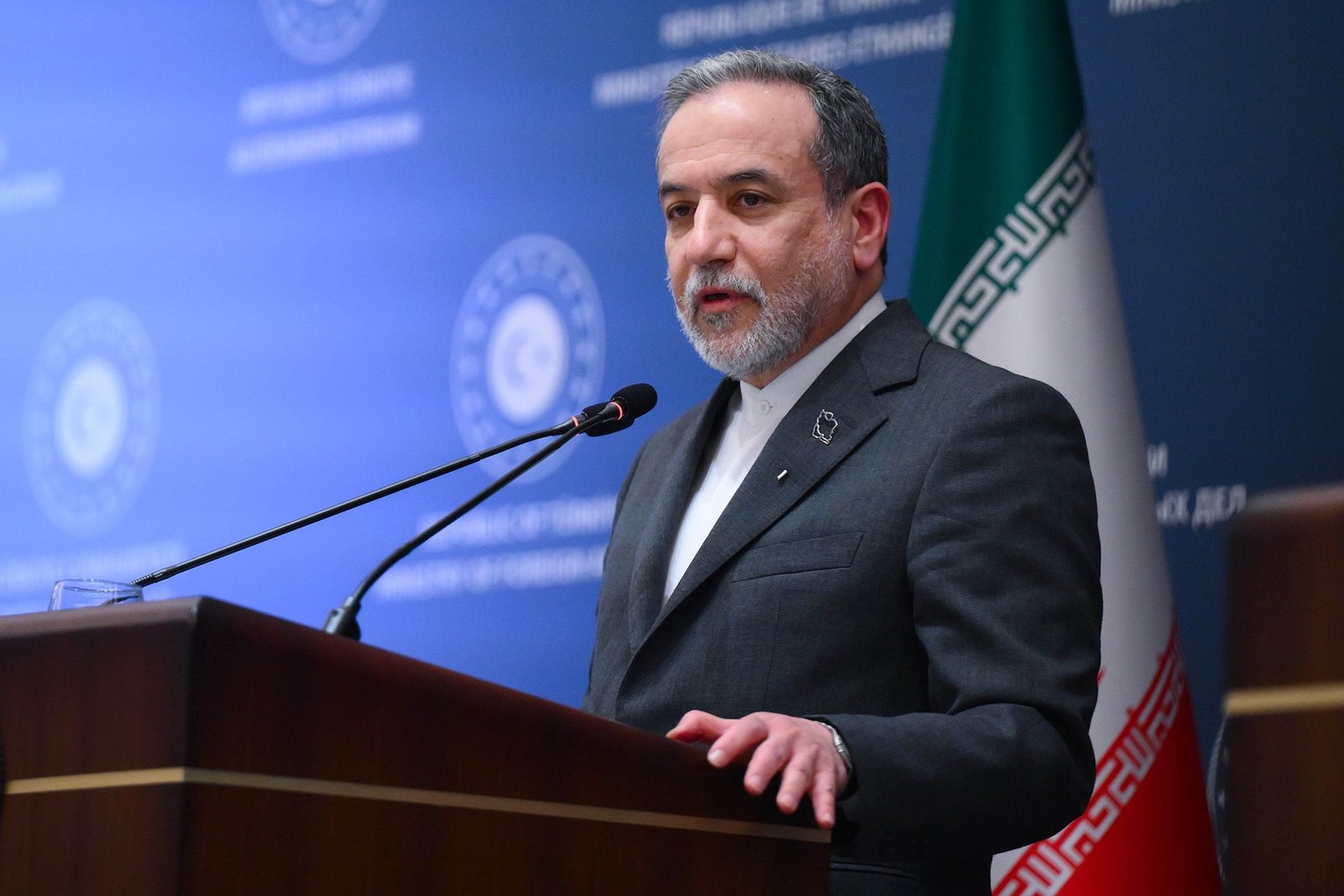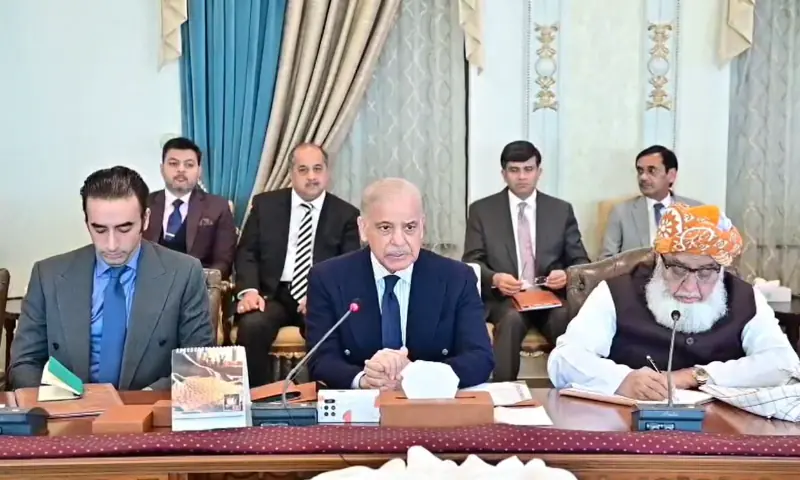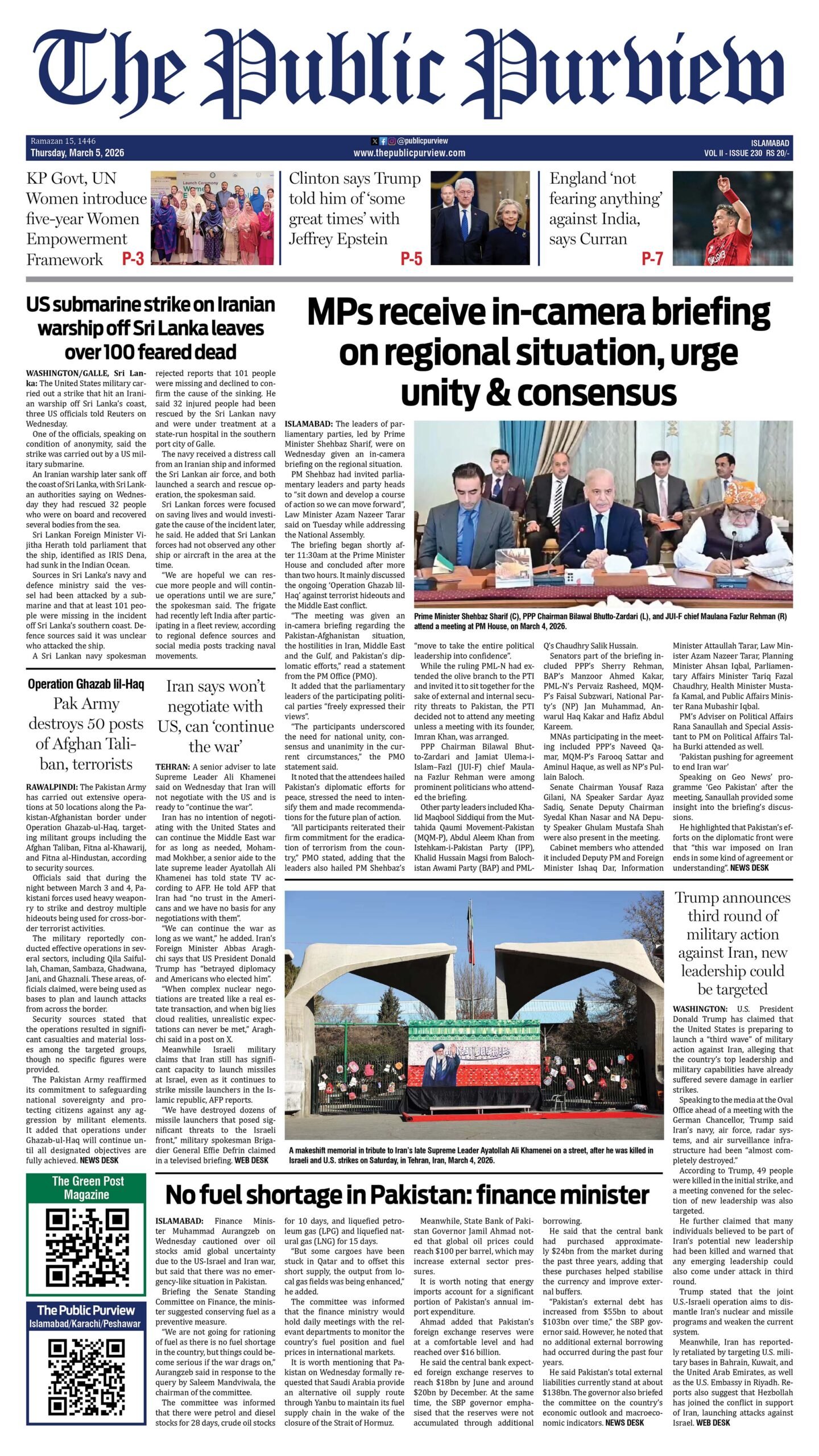
By: Ali Azam
Pakistan’s energy crisis is a chronic issue that has plagued its economy and daily life for decades. With frequent power outages, soaring electricity costs, and over-reliance on expensive fossil fuel imports, the country has struggled to meet its growing energy demands. The situation is particularly dire in rural areas, where prolonged load-shedding disrupts livelihoods, education, and healthcare. In this context, solar energy has emerged as a promising solution—offering a clean, renewable, and cost-effective alternative. However, despite its immense potential, Pakistan’s transition to solar power has been slow and uneven. While some progress has been made, significant challenges remain in making solar energy a mainstream solution to the country’s energy needs.
Pakistan is blessed with abundant sunlight, receiving an average of 8-9 hours of sunshine per day, making it an ideal candidate for solar energy adoption. Studies suggest that if harnessed effectively, solar power could supply a substantial portion of the country’s electricity needs, reducing dependence on imported fuels and lowering carbon emissions. Already, some industries, commercial entities, and government initiatives have begun integrating solar panels into their operations. For example, solar-powered streetlights and off-grid solutions in remote villages have demonstrated the technology’s viability. Additionally, the government already introduced tax exemptions on solar panel imports, signaling a positive step toward encouraging renewable energy adoption.
Despite these advantages, widespread solar adoption in Pakistan faces several hurdles. The high upfront cost of solar systems remains a major deterrent for average households, even though solar panels pay for themselves overtime through reduced electricity bills. Many consumers also lack awareness about the long-term benefits. Another critical issue is the absence of strong government incentives, such as net metering policies that allow consumers to sell excess electricity back to the grid at a good price. While countries like Germany and China have successfully boosted solar adoption through subsidies and financing schemes, Pakistan’s policies remain inconsistent and underfunded.
The solar energy can become became a game-changer in Pakistan’s energy landscape, a multi-pronged approach is necessary e.g. the government must introduce affordable financing options, such as low-interest loans and installment plans, to make solar systems accessible to middle- and lower-income families. It is also important to create public awareness campaigns to educate the public about solar energy’s economic and environmental benefits.
It will also be a great idea to motivate business community to invest and manufacture solar in Pakistan to reduce costs and create jobs, rather than relying on expensive imports. Last but not the least, net metering and grid integration policies must be strengthened to encourage households and businesses to contribute surplus solar power to the national grid at attractive price.







 Today's E-Paper
Today's E-Paper